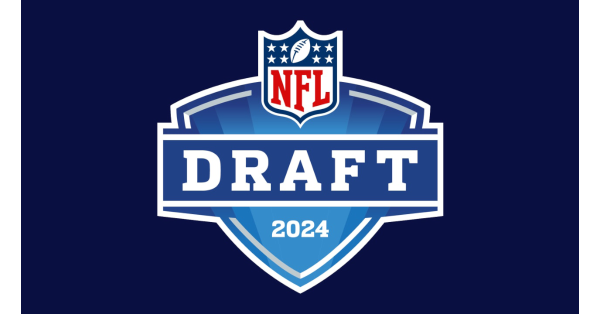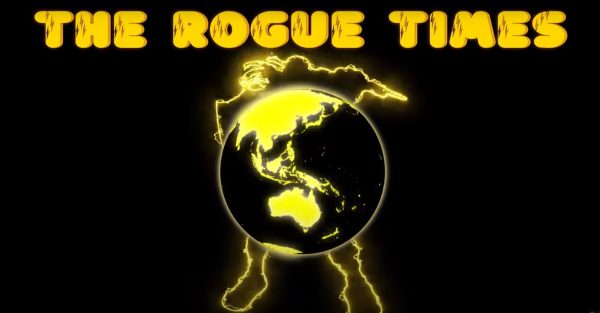Taking Away Student’s Freedom of Speech?
At an Olympic Torch Relay, a school-supervised event, on January 23, 2002 in Alaska, Joseph Frederick, an 18-year-old senior of Juneau-Douglas High School, and his friends waited for television cameras to appear at the event to unroll a banner with the message “Bong Hits 4 Jesus”. Deborah Morse, the school’s principal, believed the banner was considered inappropriate due to the idea that it is a slang reference to smoking marijuana and it may be interpreted as promoting illegal drug activity. Morse demanded that the poster was taken down. Frederick’s friends all complied except for him. After he had refused to put the poster away when Morse told him to, it was crumpled and taken away. He was told to report to the office where he would be suspended for 10 days for violating school policy, which forbids advocating the use of illegal drugs.
Frederick claimed that Morse and the school board violated his First Amendment right of freedom of speech and filed a civil rights lawsuit. The District Court did not find constitutional violation and ruled in favor of Morse. The court had also clarified that if there would have been an actual violation, Morse qualified for immunity to lawsuit.
However, according to the U.S. Court of Appeals for the Ninth Circuit, since Fredrick was punished for his message rather than the apparent disturbance he caused with his banner, the circuit court ruled that the punishment was unconstitutional. Therefore the principal had no immunity because her actions would be considered unlawful.
The Supreme Court ruled that students do not shed their constitutional rights at the schoolhouse gate, unless it interrupts the positive outlook on prevention of drug use. (ACLU) June 25, 2007, the Supreme Court ruled in favor of Morse because Frederick’s message “Bong Hits 4 Jesus” promoted use of drugs.
School officials can prohibit students from displaying messages that promote illegal drug use.





